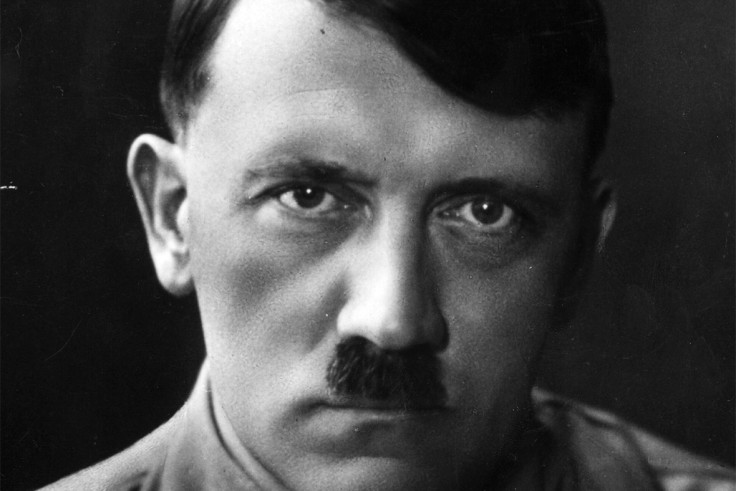The Nazis were Hitler's second choice of party, and he didn't take first rejection well
KEY POINTS
- Hitler would have settled for a minor role had he been accepted by the German Socialist Party.
- He became the leader of the Nazi Party in 1921
The only reason Adolf Hitler joined the Nazi Party was because he had been rejected by another bigger German political organisation.
This newly revealed twist of history meant the future fuhrer of the Third Reich instead joined the nascent Nazi Party which gave him the platform he needed to showcase his orator skills and gain followers to popularise his Aryan theories of racial superiority.
But Hitler initially had his heart set on joining the far-right German Socialist Party, but was rejected by its leader in 1919, according to archive documents discovered by professor of history at the University of Aberdeen, Thomas Weber.
Weber suggests that had Hitler been accepted by his preferred party, he would have settled for a less important role and would "have been unlikely to ever come to power," Weber told the Guardian.
"Until a year earlier, [he] had not shown any leadership qualities and had been happy to follow orders, rather than to give orders," Weber added.
After the chair of the German Socialist Party rejected him, Hitler joined the German Workers' Party in 1919. His oratory and propaganda skills saw him quickly rise through the ranks and he was appointed head of the party's propaganda unit.
On the same day as a pivotal Hitler speech in 1920, to broaden its appeal the Workers' Party renamed to National Socialist German Workers' Party (known as the Nazi party for short in English).
Among the leaders of the Nazi Party, Hitler was only one strongly opposed to joining forces with the bigger and more influential German Socialist Party. Hitler became the leader of the Nazi Party in 1921.
Weber says Hitler's grudge against the German Socialist Party for rejecting him was a pivotal moment in 20th century history. Had he been more amiable towards the organisation, "the Nazi party would have been absorbed by the German Socialist party and thus would have disappeared and history would have taken a different path."
Due to Hitler's steadfast refusal to join forces, a different scenario unfolded. Nazi Party membership grew exponentially over the next few years whilst by 1922 the German Socialist Party had dissolved.
Weber came upon the revelatory document in the archive of the Institute of Contemporary History in Munich. "It's just been overlooked. The problem is that they have so much stuff," he said.
The document was penned by the very man who had rejected the Nazi leader, German Socialist party chair Hans Georg Grassinger.
It states: "In the autumn of 1919, around September, Hitler appeared in the office of the publishing house to see Grassinger and offered [to] write for the paper, and to join and work for the German Socialist party. He didn't have any money at the time and he also asked to borrow money from Grassinger."
Grassinger refused him on both accounts.
Weber says the document shows that the assumption that Hitler during this period was nothing but "a prima donna, who acted totally irrationally and who – besides being a gifted orator – did not have many talents as a political operator" is false.
Weber will be publishing his research on Hitler in a new book coming in November, titled Becoming Hitler: The Making of a Nazi.
"In my book, I show that this gets the story totally wrong. Hitler was, in fact, a skillful and conniving political operator who ... would never forgive anyone who had ever cold-shouldered him and turned him down – and kept a lifelong vengeance towards them."





















